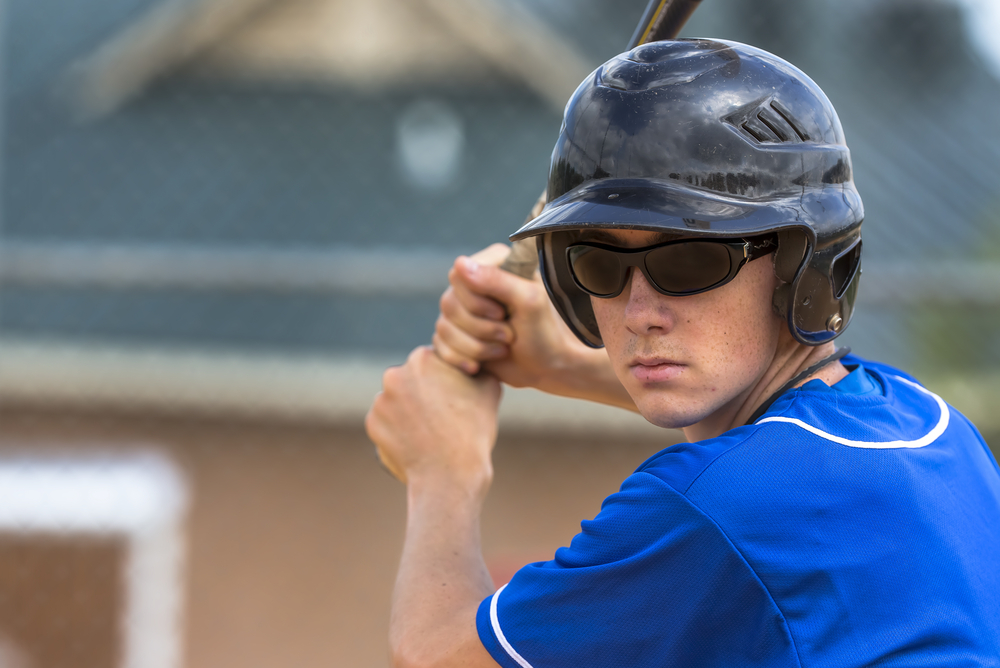
When you think about athletic performance, physical attributes like strength, speed, and agility likely come to mind. But did you know that vision plays an equally crucial role in your success on the field, court, or track?
The Connection Between Vision and Athletic Performance
Vision is a key aspect of athletic performance. It influences your ability to track fast-moving objects, gauge distances, and react to opponents. Athletes rely on several visual skills, such as:
Depth Perception: The ability to judge distances is essential for actions like catching a ball, aiming a shot, or positioning yourself correctly during play.
Eye Tracking: Whether it’s a soccer ball or a racing opponent, keeping your eyes focused on moving objects is critical in sports.
Peripheral Vision: Sports often require athletes to be aware of their surroundings. Strong peripheral vision helps you monitor the action around you without taking your eyes off the main event.
Hand-Eye Coordination: This is especially important in sports like tennis, basketball, and baseball, where timing and accuracy are crucial.
When your vision is impaired, it can hinder these visual skills, making it harder to perform at your peak.
Common Vision Problems that Affect Athletes
Several vision issues can directly impact athletic performance:
Myopia (Nearsightedness): Athletes with myopia may struggle to see objects clearly at a distance, which can be a disadvantage in sports like football or soccer where far vision is important.
Hyperopia (Farsightedness): Farsightedness can make it difficult to focus on nearby objects, affecting activities that require precision, like catching a ball or handling sports equipment.
Astigmatism: This condition can cause blurry vision at any distance, leading to difficulties with accuracy and tracking fast-moving objects.
Binocular Vision Disorders: These disorders affect how the eyes work together. Poor coordination between the eyes can disrupt depth perception and hand-eye coordination, making it harder to react quickly.
How to Improve Your Vision for Sports
Fortunately, there are several ways to enhance your vision and improve athletic performance. One of the most common options is corrective lenses. If you have a refractive error, such as nearsightedness or astigmatism, wearing glasses or contact lenses specifically designed for sports can make a significant difference. These lenses not only correct your vision but can also be tailored to reduce glare and enhance contrast, which is particularly beneficial for outdoor activities.
Another effective solution is laser eye surgery, such as LASIK. This procedure corrects refractive errors, providing athletes with clear vision without the need for glasses or contacts. For those looking to avoid the hassle of corrective eyewear, LASIK offers the advantage of long-term vision improvement, allowing athletes to focus entirely on their performance.
Optimizing Your Eyesight with Clarity Vision
Vision plays a significant role in athletic performance, influencing everything from reaction time to accuracy. Poor vision can limit your potential on the field, court, or track, but the good news is that many vision problems can be corrected or managed. Whether through corrective lenses or other treatments, improving your visual skills can give you the edge you need to reach your athletic goals.
At Clarity Vision, we offer comprehensive eye exams to help you perform at your best. Schedule a consultation to learn how we can support your visual needs and boost your athletic performance! Contact our office in Clayton, North Carolina, by calling (919) 550-4801 to book an appointment today.
















